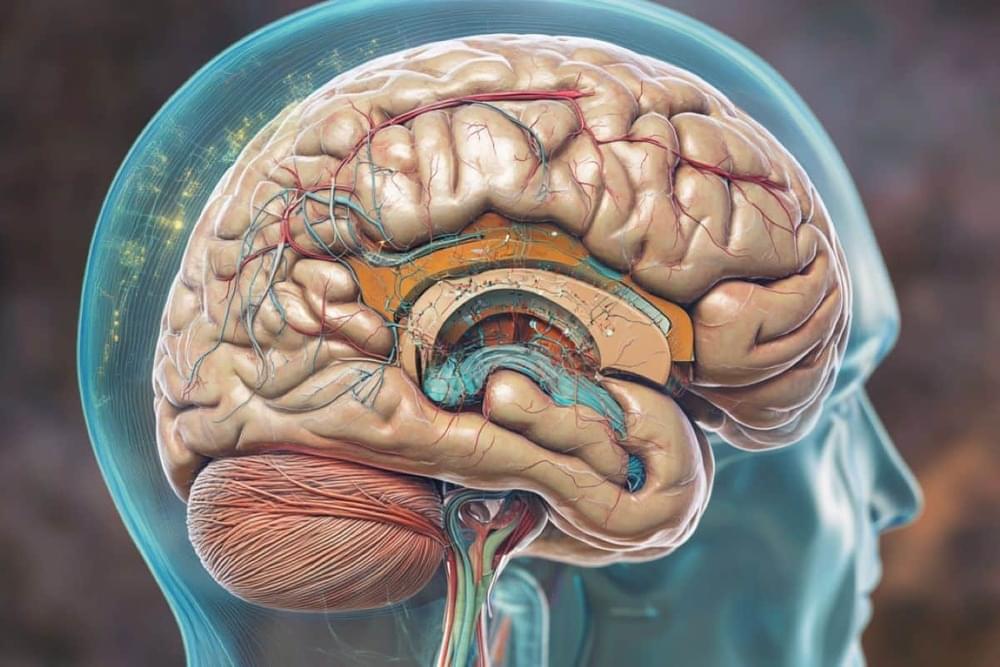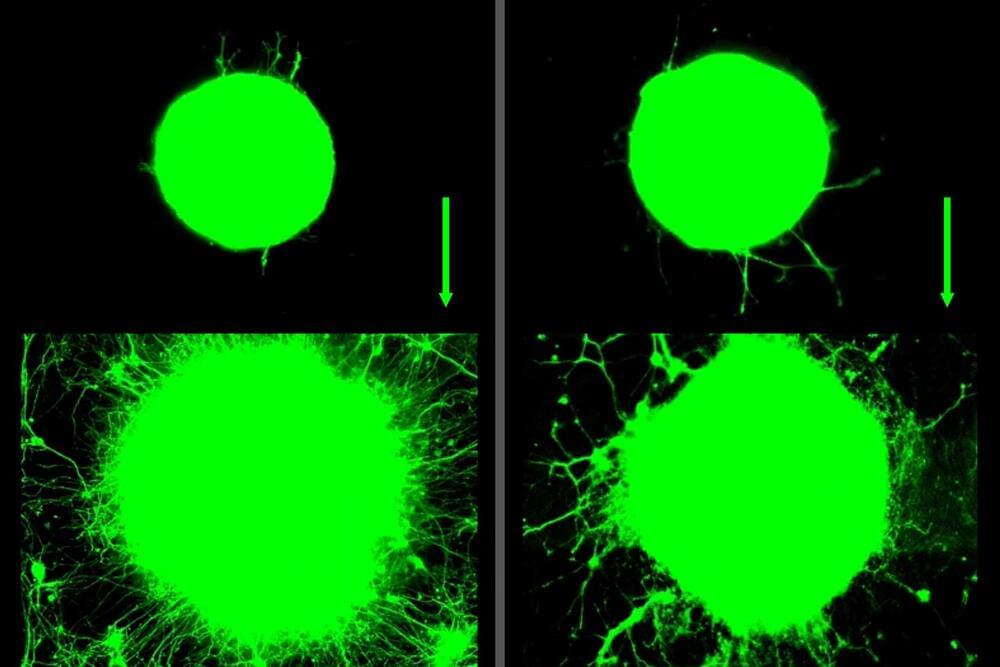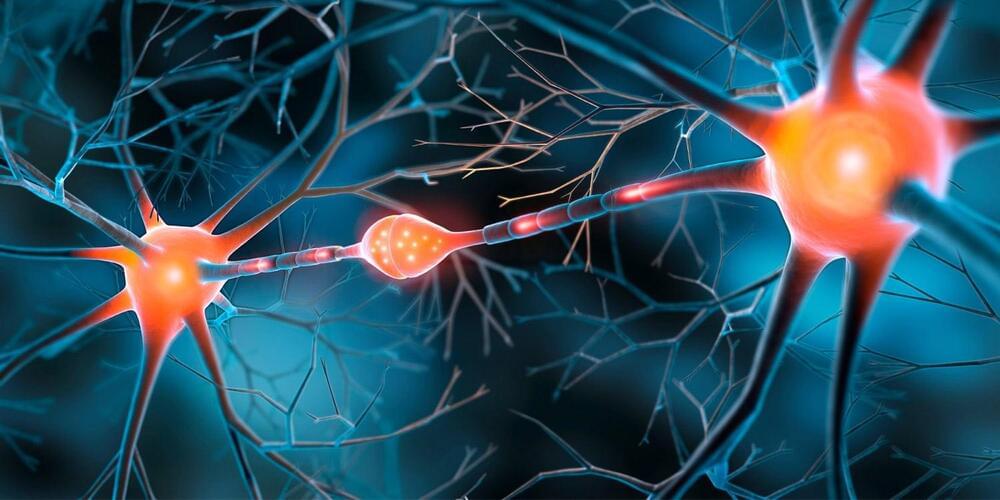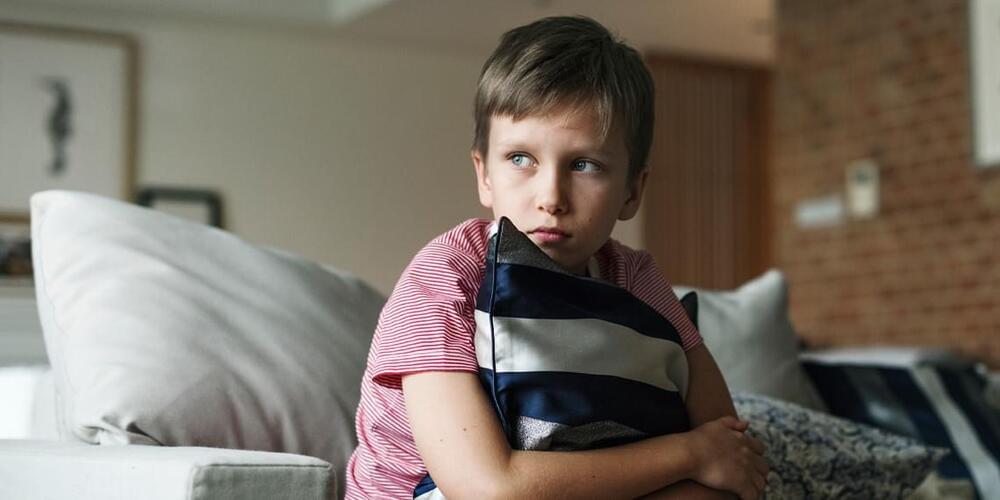Substance use disorders are a group of conditions involving the recurrent use of substances, like drugs or alcohol, despite harmful consequences to physical, mental, or social health. These disorders are characterized by an inability to control usage, intense cravings, and continued use despite negative impacts on relationships, work, or health.
While it is well-known that substance use disorders have negative consequences for the individual, research has recently begun to focus on the effects of these disorders on others, known as the “harm to others” framework. A key area of these studies is the impact on children growing up with parents affected by substance use disorders. These children have been found to have lower academic achievement than their peers whose parents do not have such disorders, as well as an increased risk of various mental health and developmental issues.
Study author Hélio Manhica and his colleagues aimed to explore the mental health risks for children of parents with substance use disorders in greater detail. They also sought to determine whether these risks differ between males and females and if certain periods in childhood or adolescence are particularly critical in relation to exposure to parental substance use disorder (i.e., periods that influence the overall risk of developing psychiatric disorders).









